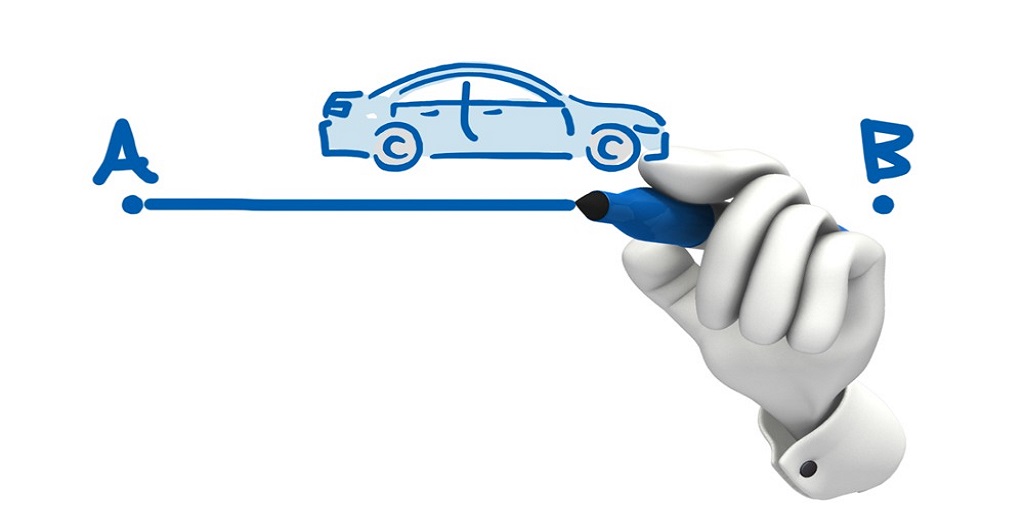No patent infringement by Google or Microsoft
Two of the largest search engine marketing vendors in the United States (Google Inc. and Microsoft Corp.) will not have to pay Paid Search Engine Marketing Tools LLC for their alleged patent infringement.
The Patent Trial and Appeal Board reaffirmed the consolidated ruling in Paid Search Engine Tools, Inc. v. Google Inc., Case No. 2:07-CV-0403 (E.D. Tex.) (PDF) denying PSET’s contention that Google, among other companies, enjoyed commercial success solely as a result of replicating PSET’s patents.
PSET is the owner of U.S. Patent No. 7,043,450 (PDF) (the ‘450 patent) entitled “Paid search engine bid management.” The patent which was issued 9 May 2006 outlines a method for users to optimize their use of paid search engines by accumulating large amounts of target keywords and directing web users to the site of the highest bidder.
This certainly seems familiar with the advent of Google AdWords and Microsoft’s Bing which utilize a similar method to attract large numbers of consumers and earn millions of dollars a year from marketing capital.
PSET asserts that they should be credited with the invention of SEM dating back to 28 May 2000, but PTAB declared that the evidence was “not persuasive.” The Board saw weaknesses in the two major claims of the suit.
The first being that the “number of customers attracted by PSET was a very weak showing of commercial success in the absence of information concerning market share.”
The second simply being a lack of credible connection between the “asserted commercial success” of PSET’s inventions, and those offered by Google and other companies.
The reaffirmation by PTAB surely dissuades smaller companies with legitimate patent infringement cases from engaging in uphill legal battles with blue chip companies without having indisputable evidence of first having designed and created a particular invention before their contenders.
Certainly it would be to the long-term detriment of large companies such as Google and Microsoft to sell for service or otherwise new products without first having ensured indisputable leverage concerning the legal use of patents.






